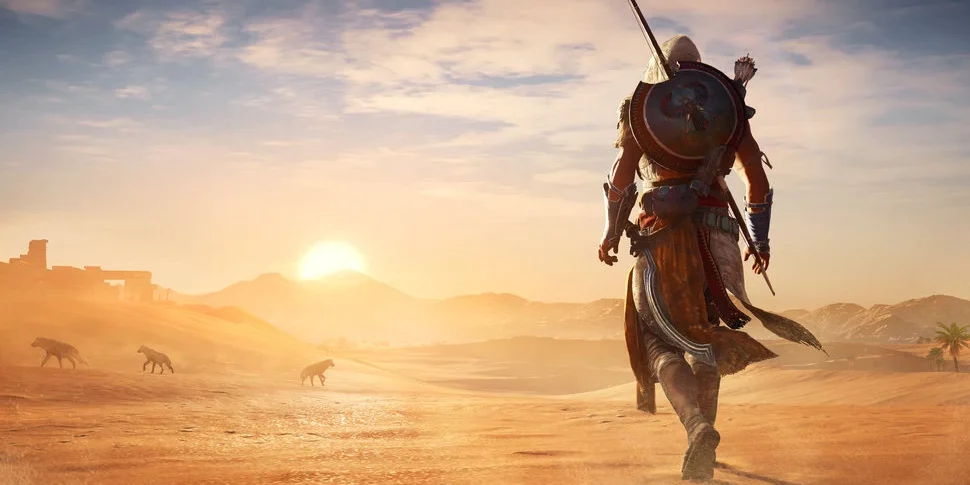
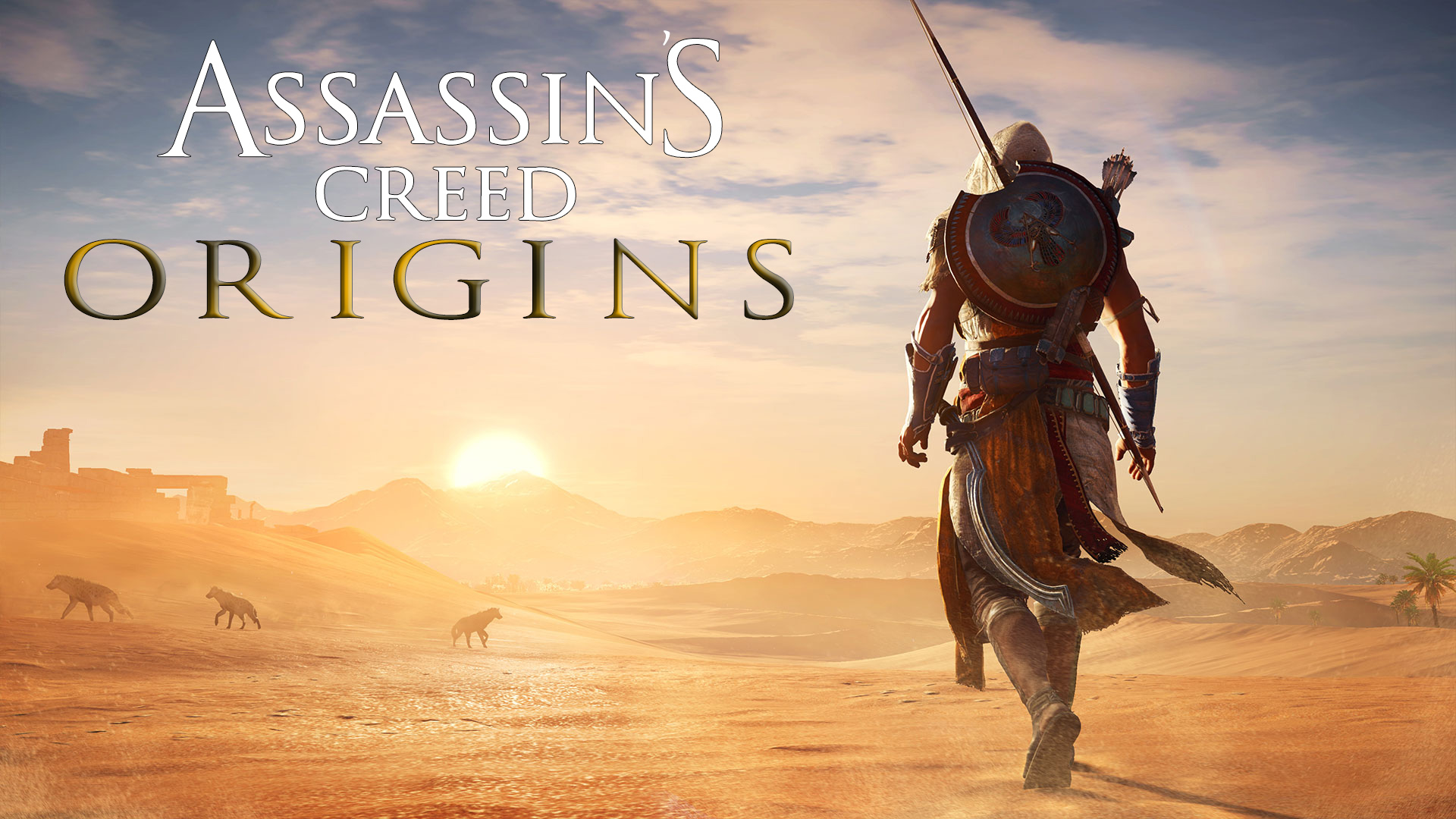
As video games are becoming more and more visually sophisticated, the cross-pollination between the film industry and the game industry is growing. It’s easy to see this happening with technology and storytelling techniques. When you look at the artists that work in both industries, it’s not hard to imagine the crossover of CGI artists, as they work with computers and the same tools. However, it’s more curious when it happens with those that have worked on set. A relatively unknown role is that of the Camera Specialist in video games. We talked about this with Carlos Hidalgo, the Camera Specialist in one of the most important game studios in the world: Ubisoft. He has worked on games such as: Rainbow Six, Watch Dogs 1 & 2, Assassin’s Creed: Rogue, and the recently released Assassin’s Creed: Origins. He has worked in several movies as Director of Photography as well.
[youtube https://www.youtube.com/watch?v=uUKMc2LbsUw?rel=0&showinfo=0&w=1280&h=720]
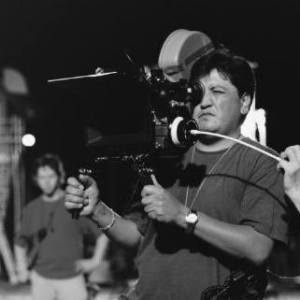
The Fiction Anthology (TFA): How did you start working in the video game industry?
Carlos Hidalgo: Well, I was a director of photography, and I was approached by a producer to shoot real people to be composited in a 3D environment (we talked around 1999). At that time, we had many problems matching the actual camera lenses with (the 3D software) Softimage lenses. After showing them my knowledge of cinema and the possibility of creating more realistic cinematics, I was offered the position of Director of Virtual Photography. At that time that position did not exist. That was one of the reasons why I moved away from cinema and became more involved with video games. Back then, we could not make realistic lighting that worked with moving cameras. So I implemented the use of three-point lighting, unknown to the animators at that time. Of course, we had to adapt it because any light that was directed towards the (CGI) camera was not counted by the renderer, so we had to use a 45 degree technique to simulate a backlight.
TFA: Has your work changed since then?
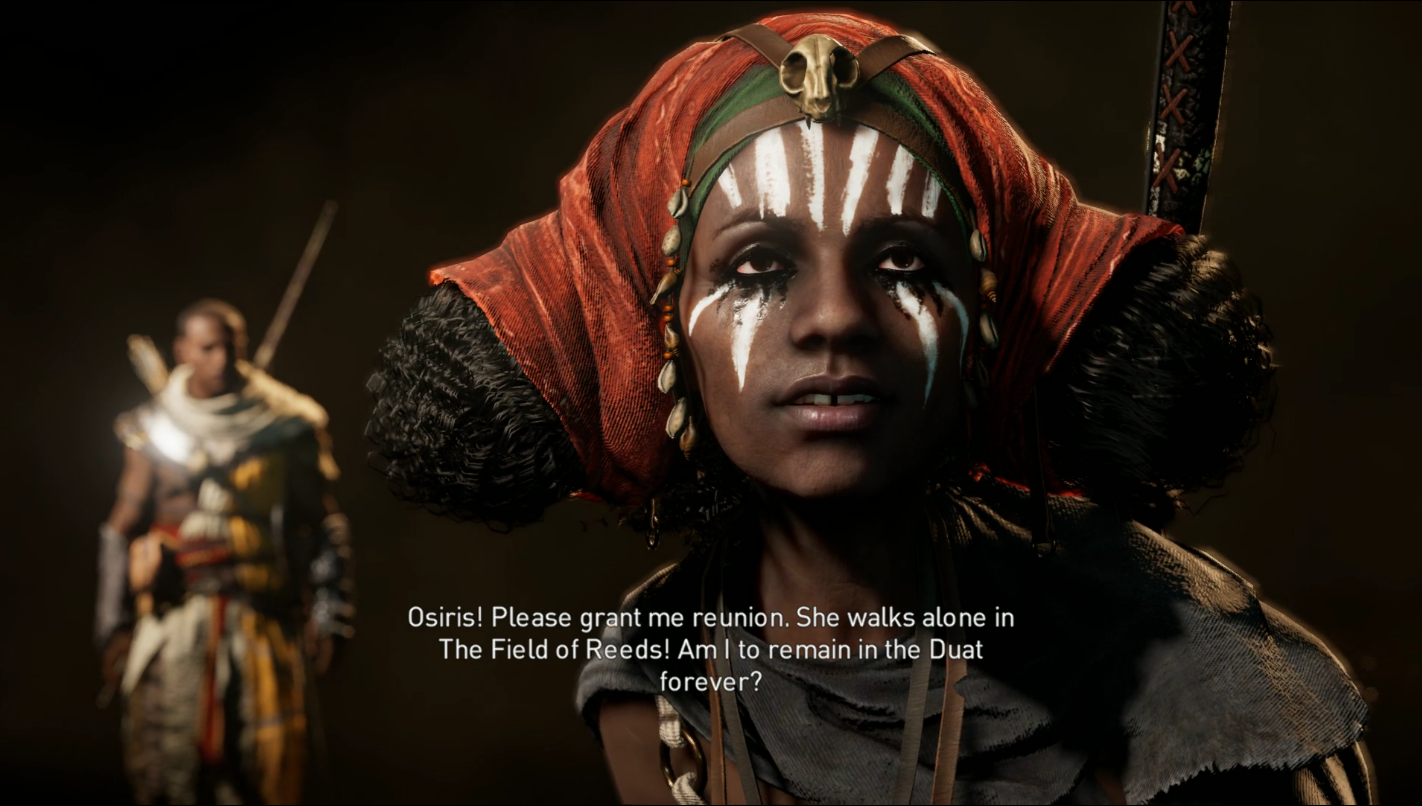
Carlos Hidalgo: The challenge was getting bigger with the invention of motion capture, which facilitated and created a more realistic animation of people. I began to work and develop systems that allowed the transfer of the motion capture to other softwares, like Kaydara, that allowed us the transfer between Mocap (Motion Capture) cameras and (the software) Softimage.
TFA: Were you a gamer before you got into the field?
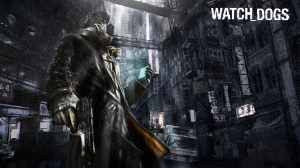
Carlos Hidalgo: Really, I almost never played. Because of my profession, my interestswere more dedicated to film and trying to go further, as I was a cinephile at that time. But at the same time, I can not deny that I was playing two or three games on a Genesis console that I had bought for one of my children.
TFA: And after?
Carlos Hidalgo: I think it is necessary to be a gamer to work in the video game industry because it is very important to be aware of what happens in other parts of the industry, and of course, to always try to go further in what is being achieved.
TFA: As a Camera Specialist, what is your job exactly?
Carlos Hidalgo: A camera specialist to video games is what a director of photography is to cinema. The camera specialist is someone who works very closely with the director of cinematics and writers. While the creative work of the director gives us the intention of the scene he wants to shoot, we give him our point of view regarding our narrative experience with cameras and lights. In itself, it is an exchange of creativity where everyone has expertise.

We film the scenes in the motion capture studio. We meet with the director and the editor, and we see if the edited scene works. Then we take the edit and adjust the cameras in the 3D software. We see how it works with textures and lighting, and once approved, we simply do a polish.
TFA: Are you responsible for the cameras in cinematics and in gameplay as well?
Carlos Hidalgo: Normally, we had two kinds of camera specialists, one in gameplay and one in cinematics. But sometimes, I had to work with script cameras (gameplay) to coordinate the transition between cinematics and gameplay.

TFA: During video games, the gamer can choose the camera angle, so how do you create camera work to improve the gaming experience?
Carlos Hidalgo: We always try to improve the gamer experience. You will see in Assassins: Origins how we try to give more camera options to the player.
TFA: Are you present in the MOCAP process, too?
Carlos Hidalgo: Yes, like a director of photography, I work close with the director, actors and soundman to find the best way to shoot, exactly like a movie shoot.
TFA: How does your experience with movies affect your work in video games?

Carlos Hidalgo: Well, my experience in movies helps me to be efficient in game production; it helps me to know how to deal with huge teams, and it is so fun to be creative without all the constraints of making a movie. From the beginning, in gaming, I saw how more and more the game studios were bringing people from movies to change the vision and production of making a game. All the knowledge we had from shooting a movie (visual language, camera, lenses, etc.), it applies directly to cinematics.
TFA: And how does your video game experience affect your work in movies?
Carlos Hidalgo: Being in a game studio helps me realize that using the technology we use in gaming could make the way we shoot movies easier.
TFA: Do you see the future of movies becoming closer to video games? Or do you think that they’ll continue to live as two separate arts?

Carlos Hidalgo: I think, inevitably, cinema adapts to new technology and all the new creative possibilities. Of course, these possibilities create films that are a little plastic and lifeless, but it is the filmmakers who keep a certain visual reality. Many movies are not credible because of the poor use of technology; I think the only culprit for this is the director and his insatiable desire to use CG. Something that the film industry observes is how video games have many more followers, and the film industry wants to bring them to the cinema as versions of the larger video games. But since they will never be interactive, their films have not yet succeeded.
Muchas Gracias, Carlos. We can’t wait to enjoy your latest work in Assassin’s Creed: Origins.


